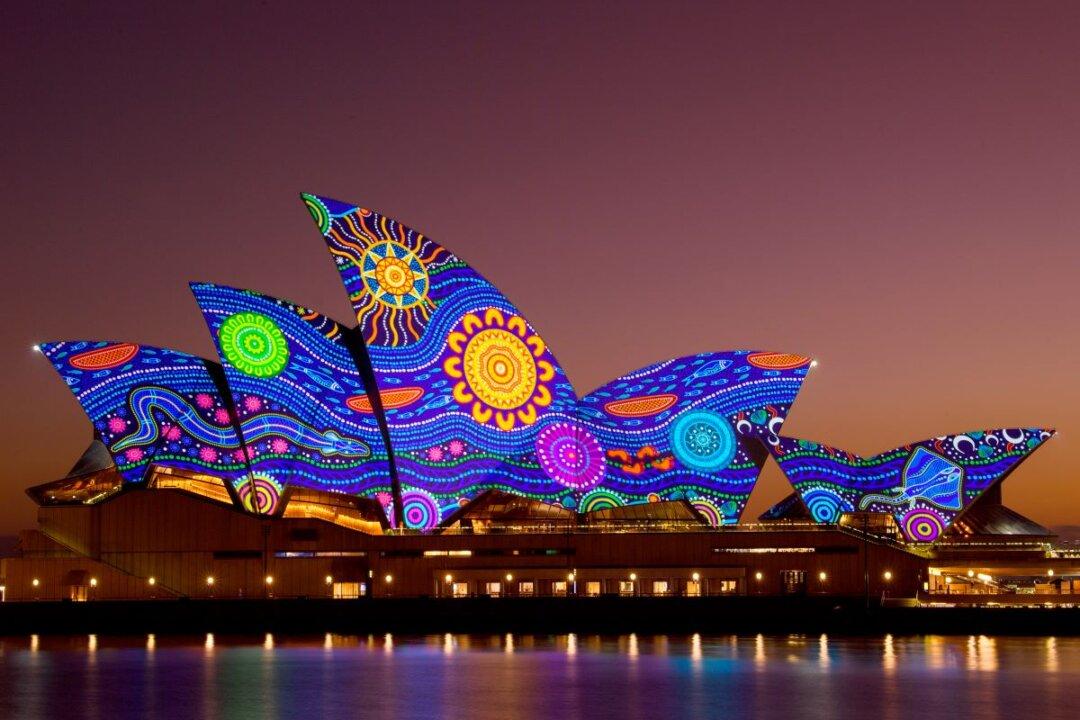Commentary
Following the successful 1967 referendum, which empowered the Australian Parliament to make laws for “the people of any race for whom it is deemed necessary to make special laws,” there was a general expectation that we would finally become a colour-blind society. A society where the distribution of societal burdens and benefits would not depend on a person’s race.





